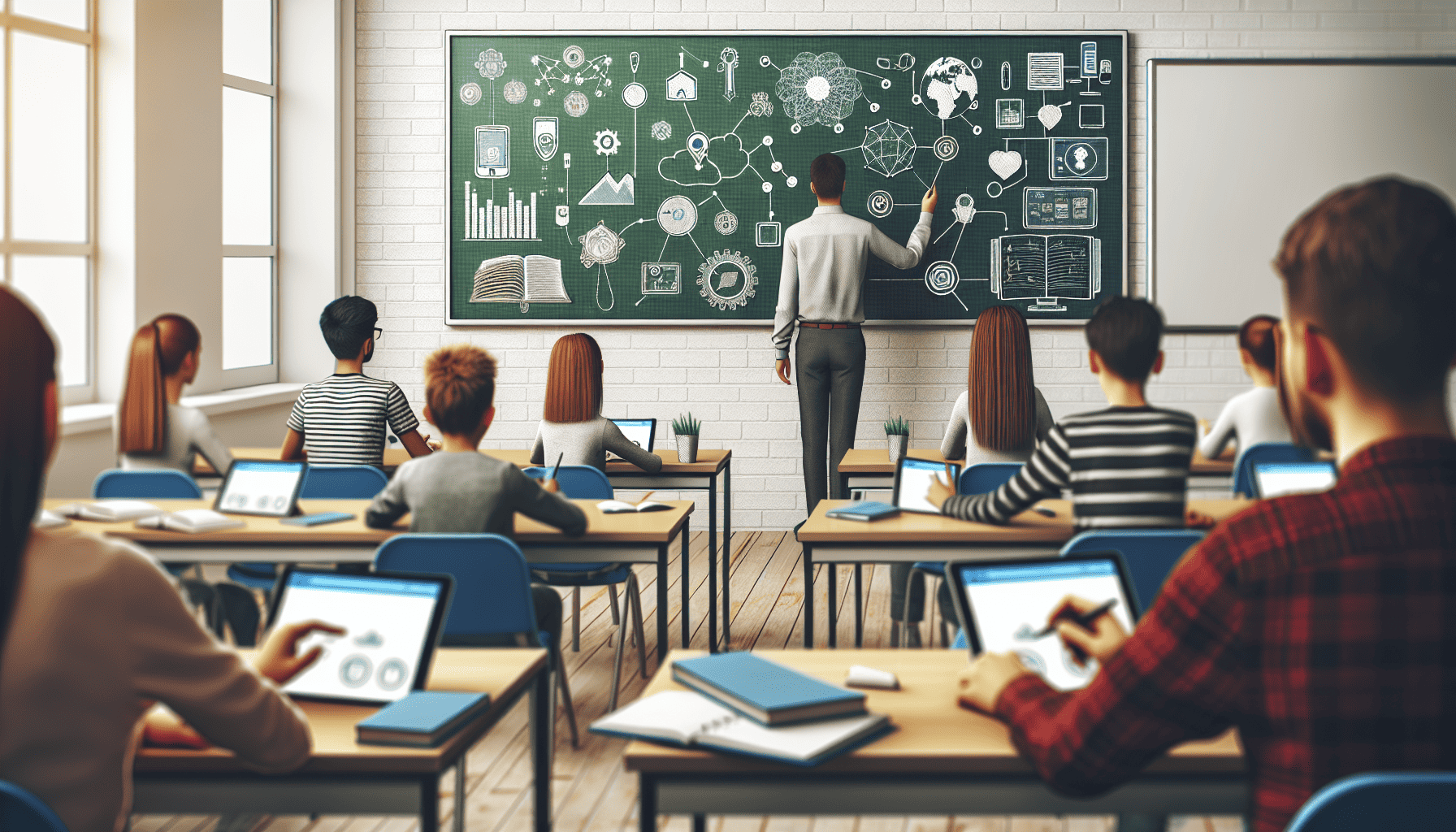In 2024, educational landscapes are undergoing a transformative shift, with innovative teaching methods spearheading classroom evolution across the globe. This fresh wave of pedagogical strategies is designed to enhance student engagement and improve learning outcomes, making education more accessible, inclusive, and effective.
One of the standout approaches gaining traction is the gamification of learning materials. By incorporating game-like elements such as points, badges, and leaderboards into educational content, teachers are witnessing unprecedented levels of student motivation and participation. This method capitalizes on students' intrinsic love for gaming, fostering a competitive yet cooperative learning environment that encourages persistence and curiosity.
The flipped classroom model continues to redefine traditional teaching boundaries. In this approach, students are introduced to new content at home through videos or interactive modules, allowing classroom time to be dedicated to exercises, projects, and discussions that deepen understanding. This shift not only empowers students to learn at their own pace but also transforms teachers into facilitators who guide students in applying knowledge practically.
Artificial intelligence (AI) plays a pivotal role in personalizing education. AI-driven tools are adept at recognizing individual learning patterns and speed, offering customized resources that cater to each student's unique needs. This level of personalization ensures that no student is left behind, bridging educational gaps and fostering a more inclusive learning environment.
Project-based learning (PBL) is yet another innovative methodology creating ripples in 2024. By engaging students with real-world problems and projects, PBL encourages critical thinking and the application of knowledge in practical contexts. This method not only makes learning more relevant but also promotes collaboration, communication, and creativity—key skills required in the modern world.
Another trend revolutionizing education is the integration of virtual reality (VR) and augmented reality (AR). These technologies offer immersive learning experiences that are particularly beneficial in subjects like history, science, and geography, where students can explore historical sites or conduct lab experiments without leaving the classroom. Such immersive experiences not only enhance understanding but also stimulate a greater interest in the subject matter.
Social and emotional learning (SEL) has emerged as a crucial component in teaching methodologies. Recognizing the importance of emotional intelligence, many educators are incorporating SEL into their curriculum to help students develop skills such as empathy, self-awareness, and resilience, which are vital for personal and professional success.
Moreover, global collaboration platforms are expanding the horizons of learning by connecting classrooms from different parts of the world. These platforms foster cross-cultural understanding and cooperation, preparing students to thrive in an increasingly globalized society. By learning from their peers across borders, students gain diverse perspectives and experiences that enrich their educational journey.
In conclusion, the innovative teaching methods emerging in 2024 are not only reshaping classrooms but also revolutionizing the entire educational system. By fostering engagement, personalization, collaboration, and cross-cultural exchange, these approaches are preparing students to thrive in a complex, interconnected world. As educators continue to adapt and integrate these pioneering strategies, the future of education looks brighter than ever, promising a more engaging and effective learning experience for students everywhere.
